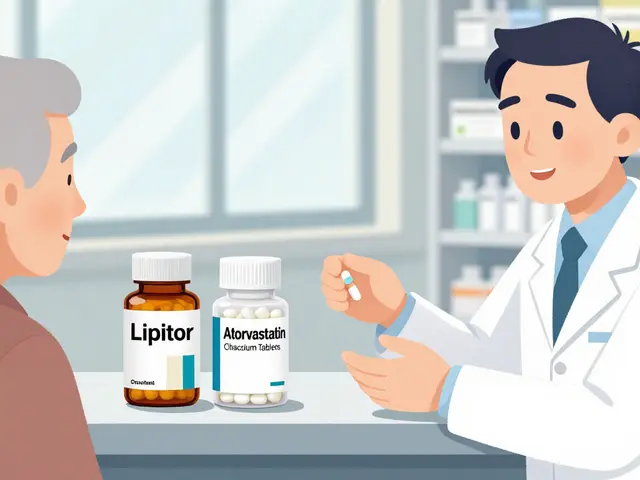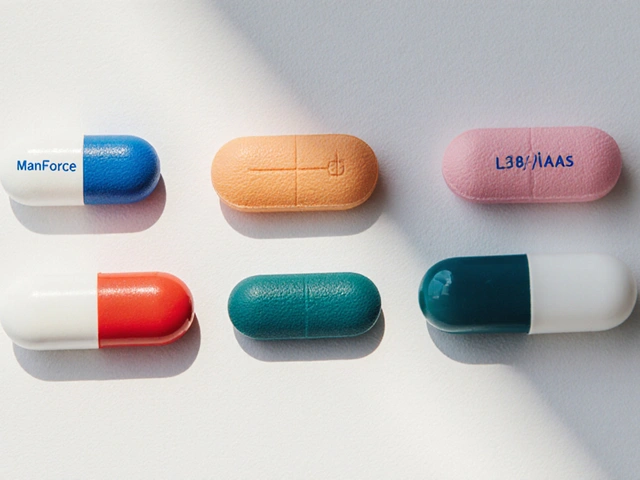Adalimumab: What it is and how it helps
Adalimumab (brand name Humira and several biosimilars) is a TNF inhibitor used to treat inflammatory conditions like rheumatoid arthritis, Crohn’s disease, psoriasis, ulcerative colitis and others. It’s a biologic drug given by injection that lowers immune-driven inflammation. If you’re new to biologics, the idea is simple: adalimumab blocks a molecule (TNF) that tells your immune system to attack your own tissues.
People often ask how fast it works. Some notice symptom relief in a few weeks; for others it can take two to three months. Your doctor will judge response and may adjust timing or dose based on how you feel and test results.
How adalimumab is used
Dosing depends on the condition. Many adults get injections every other week, but some need weekly doses or a loading dose at the start. Children’s doses are weight-based. Always follow your prescriber’s schedule—don’t change dose or stop suddenly without medical advice.
Self-injection is common. Store the pens or syringes in the refrigerator and let a refrigerated dose sit at room temperature for 15–30 minutes before injecting to reduce discomfort. Never freeze the product and discard if it’s been frozen. Use a new needle each time and dispose of sharps in a proper container.
Safety, side effects and monitoring
Adalimumab suppresses parts of the immune system, so infections are the main concern. Tell your doctor about recent infections, exposure to tuberculosis, or hepatitis B risk. Most clinics require TB screening before starting and monitor for infections during treatment.
Common side effects include injection site reactions, mild upper respiratory infections, headache, and nausea. Serious but less common problems are severe infections, reactivation of latent TB or hepatitis B, heart failure worsening, and certain rare cancers. Report fever, persistent cough, unexplained weight loss, or severe skin reactions right away.
Vaccines: avoid live vaccines while on adalimumab and for some time after stopping. Inactivated vaccines are generally safe, but discuss timing with your provider to ensure best protection.
Lab checks may include liver tests, CBC and infection screens depending on your condition. Pregnancy and breastfeeding require a discussion: adalimumab may be used in some pregnancies but needs careful planning with your specialist.
Cost and access: biologics can be expensive. Biosimilars often cost less and work similarly. Many manufacturers and health systems offer patient assistance or co-pay programs—ask your clinic pharmacist. Never buy prescription biologics from unverified online sellers; they may be counterfeit or mishandled.
Want more help? Ask your specialist about injection technique, storage, and signs to watch for. Search PharmaServe for related articles on biosimilars, drug safety, and patient support programs to make smarter treatment choices.

Looking for alternatives to Prelone? We've got you covered with a dive into 2025's top options. Each alternative is explained with its benefits and downsides, helping you make an informed choice. Discover targeted treatments like Adalimumab and learn what makes them stand out or fall short. Whether cost, effectiveness, or side effects are your main concern, this guide breaks it all down.






